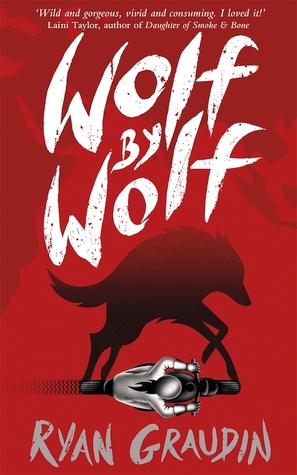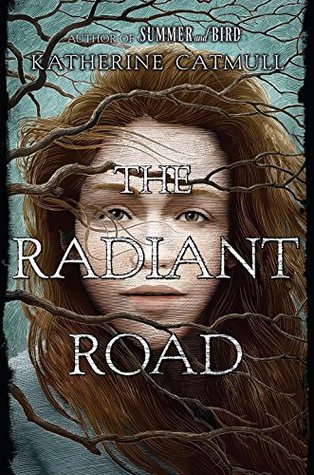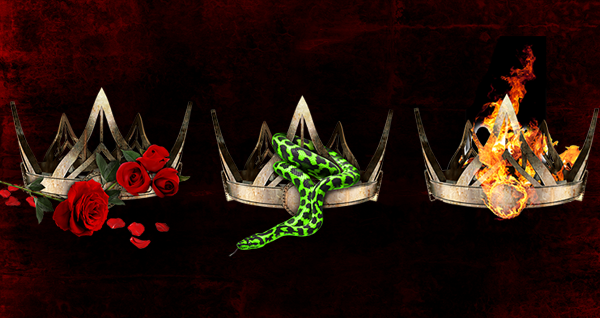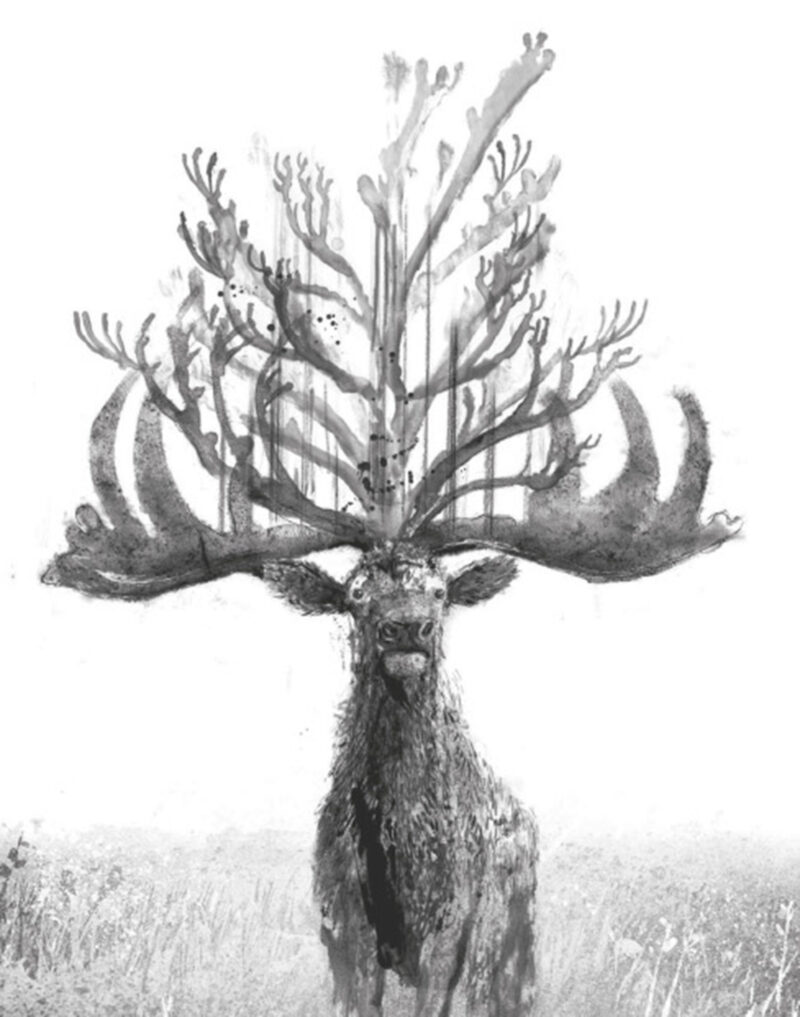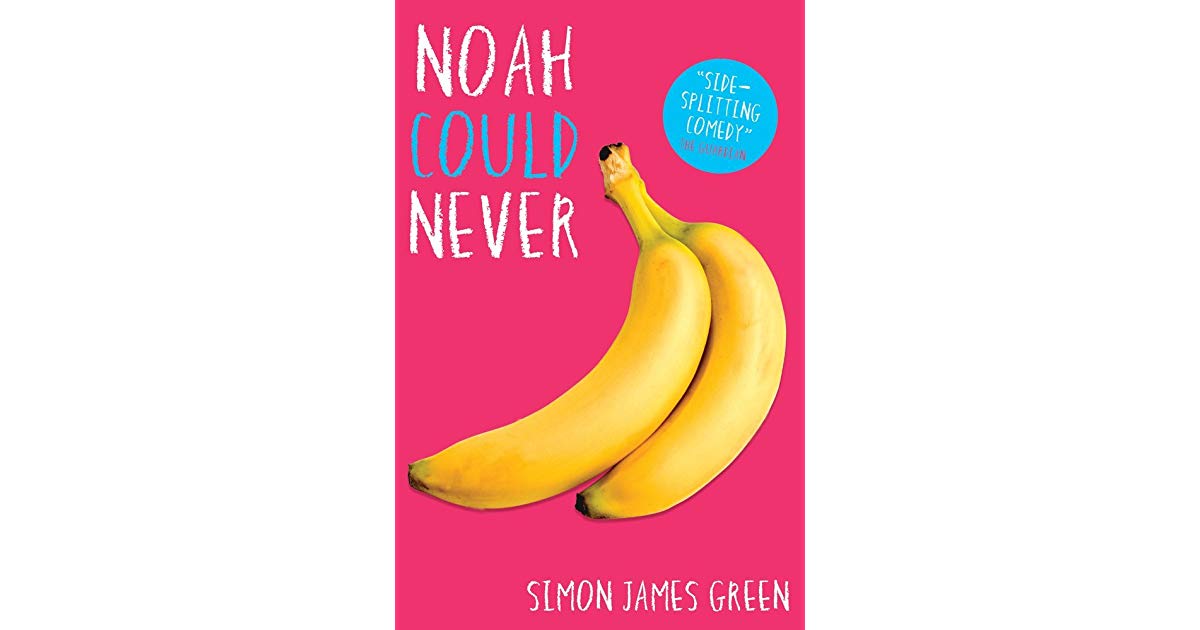This month’s Author Takeover sees the return of Ryan Graudin to celebrate the release of her new novel, Wolf by Wolf. Many fans see strong parallels between Voldemort’s rise to power and the events of World War Two, Wolf by Wolf explores an alternate history of our own world, where Hitler has won the war and medical experimentation within concentration camps has created unexpected results.
Ryan’s previous Author Takeover, posted last year, explored the art of creating a complex world. This time, she examines the concept of identity and what it can mean for characters with the ability to metamorphose.
You can find Ryan at her website ryangraudin.com or by following her on twitter @ryangraudin.
A World of Faces
Hello fellow Potter fanatics! I’m thrilled to be back on MuggleNet!
If you had the power to change your appearance, would you? Would you sport bubble-gum pink hair, like Tonks? (Personally, I’d love to save all of that money on hair coloring. Permanent peacock green? Yes, please.) Or would you go for a more dramatic shift, such as the Polyjuice potion users? Would you go as far as Barty Crouch, stealing someone’s identity entirely, locking them away and living their life?
What would you do with a world of faces at your disposal?
This is the question my main character, Yael, must wrestle with in my YA alternate history novel Wolf by Wolf. The year is 1956 and the Axis Powers have won World War II. Due to horrific human experimentation in a concentration camp, Yael lost her original face at the age of six, and developed the ability to mimic the appearance of any other female. Now she’s working for the Resistance, and she must use her skinshifting to steal the identity of the Third Reich’s racing sweetheart — Adele Wolfe. Wearing Adele’s face, Yael enters the Axis Tour, a cross-continental motorcycle race from Germania (once Berlin) to Tokyo. Her goal is to win this race and claim the prize: an audience with highly reclusive Adolf Hitler at the Victor’s Ball. Yael’s final mission? Kill him.
But the operation becomes clouded when Yael realizes that, though she can flawlessly imitate Adele Wolfe’s voice and carriage and appearance, she can never be Adele Wolfe. This challenge becomes all the more impossible when Adele’s twin brother, Felix, enters the Axis Tour, and another racer, Luka Löwe, turns out to be one of Adele’s former love interests.
Yael must navigate secrets she doesn’t know and relationships she has not built, all while struggling to re-piece her own fragmented identity.
The idea of shifting one’s outward appearance is fascinating, not just because it’s impossible outside of the realm of fiction, but because there are so many social implications. Like it or not, our first impression of people is based on our outward perception of them. Gender, race, accent, age… It takes less than a tenth of a second within meeting someone for our brain to collect these factors and form a snap judgement.
So what happens when outer appearances become malleable?
What makes a person who they are?
This is the question at the heart of Wolf by Wolf, one only made that much more complicated and relevant with skinshifting.
This is also a question that JK Rowling addresses, quite consistently, throughout the Harry Potter series. The theme extends far beyond the Metamorphmagus and Polyjuice elements of the novels. Often, Harry’s first impression of people turns out to be wrong. Hermione is far more than an insufferable know-it-all. Diary Tom Riddle was not a heroic prefect. Sirius Black is not an insane mass murderer. Scabbers is not a rat. True, Luna Lovegood has her head in the clouds, but she also has an invaluable perspective on life. Even Severus Snape, who continually puts his worst foot forward, is not completely what he seems. (Chapter Thirty-Three: The Prince’s Tale makes me bawl. Every. Single. Time.)
We are not our faces. We are not others’ first impression of us. We are, as Martin Luther King Jr. so eloquently put it, “the content of [our] character.”
A study that appeared in the Journal of Applied Social Psychology, (see MuggleNet’s article here) shows that children who read the Harry Potter series are less likely to be prejudiced against minority groups. I believe this is because JK Rowling does such a good job of chronicling Harry’s journey of learning to look beyond his first impression. The various ways Rowling reveals her characters’ characters help readers look past their own knee-jerk judgments of people.
How amazing is it, that one of our favorite series actually makes us better human beings?
I can only hope that Yael’s journey in Wolf by Wolf — the stripping of outward appearances, the examination of human nature, raw and good and evil—will allow readers develop a similar discernment.

